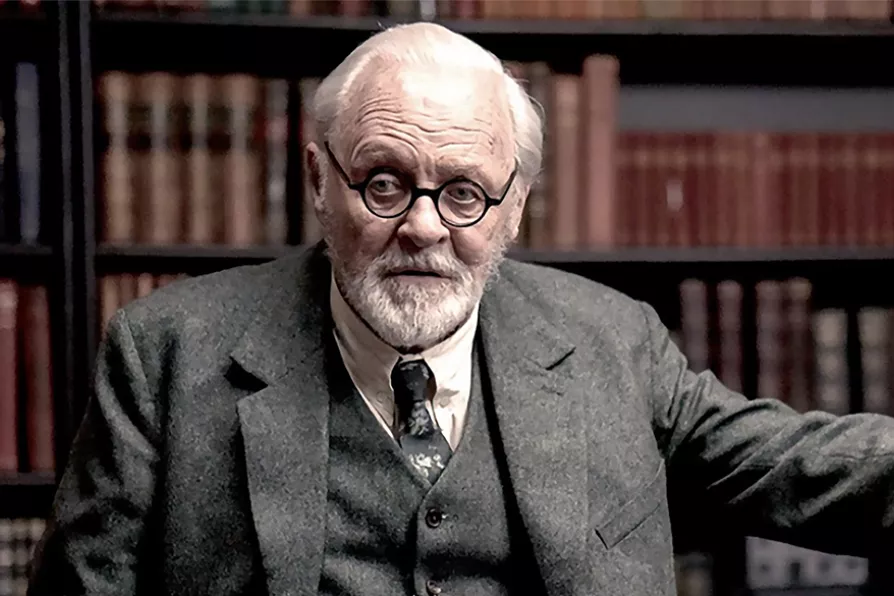ANGUS REID, MARIA DUARTE and JOHN GREEN review Protein, Tornado, How to Train Your Dragon, and Jane Austen Wrecked My Life

 Anthony Hopkins as Sigmund Freud
Anthony Hopkins as Sigmund Freud
Freud’s Last Session (12A)
Directed by Matthew Brown
THERE is a great deal to unpack in this fictional meeting of opposing minds between the father of psychoanalysis Sigmund Freud and Oxford don and theologian CS Lewis (before his Narnia books) as they discuss the future of mankind and the existence of God.
The encounter takes place at Freud’s London home on September 3 1939, the day Britain declared war on Germany, and just weeks before Freud died at 83 due to an inoperable and agonising jaw cancer.
It is based on Mark St Germain’s play which he adapted for the big screen with director Matthew Brown. All that is known is that Freud reportedly met with an unnamed young Oxford don shortly before his death.
What is fascinating is that while Freud (Anthony Hopkins) did not believe in God, Lewis (Matthew Goode) was a former atheist turned devout Christian, a hard-to-comprehend turnaround which is never fully explained in the film. Lewis also had a complicated romantic relationship with the mother (Orla Brady) of a dead comrade in World War I which also isn’t fully examined although Freud might have had a field day with it.
Meanwhile Hopkins and Goode go toe to toe delivering two powerhouse performances as these great historical figures of the 20th century. Hopkins gives a masterclass in acting and seems to relish his verbal clashes with Goode which are laced with humour.
Freud and Lewis’s sparring are interwoven with fantasy and hallucination sequences, and flashbacks to Freud’s life in Vienna under Nazi rule. Woven into this is his complicated relationship with his daughter Anna (Liv Lisa Fries), a trailblazing psychoanalyst in her own right and considered the founder of child psychoanalysis, whom he dominated and treated like hired help. He refused to accept her sexuality and relationship with psychoanalyst Dorothy Burlingham (Jodi Balfour). That needed further investigation too.
By the end these two men, polar opposites in their thinking, achieve mutual respect and an understanding of the other and their opposing viewpoint through dialogue. This is something that we could do with today in a world that is ideologically polarised and where there is no respect for others’ points of view.
Out in cinemas June 14.

MARIA DUARTE recommends the powerful dramatisation of the true story of a husband and wife made homeless













